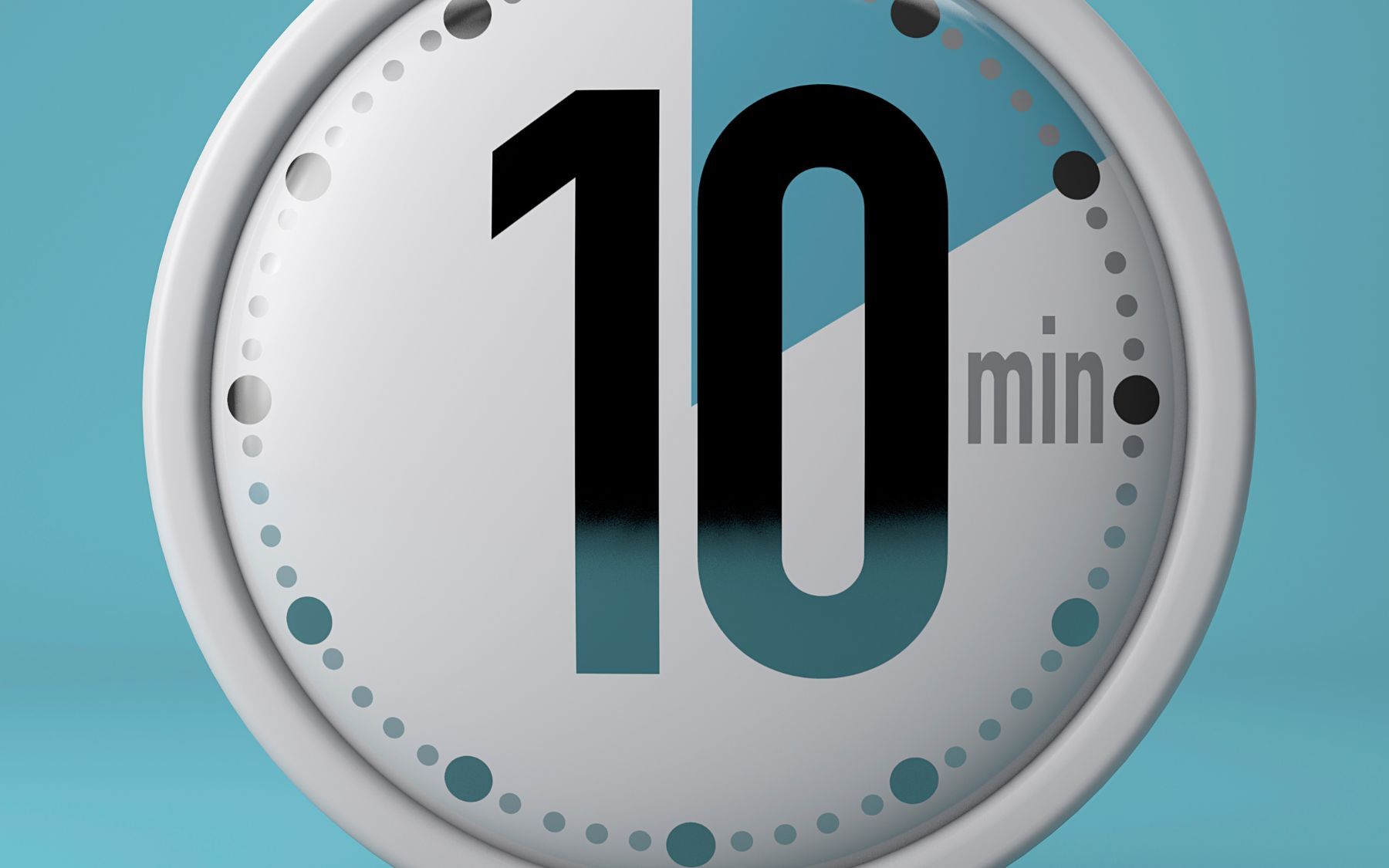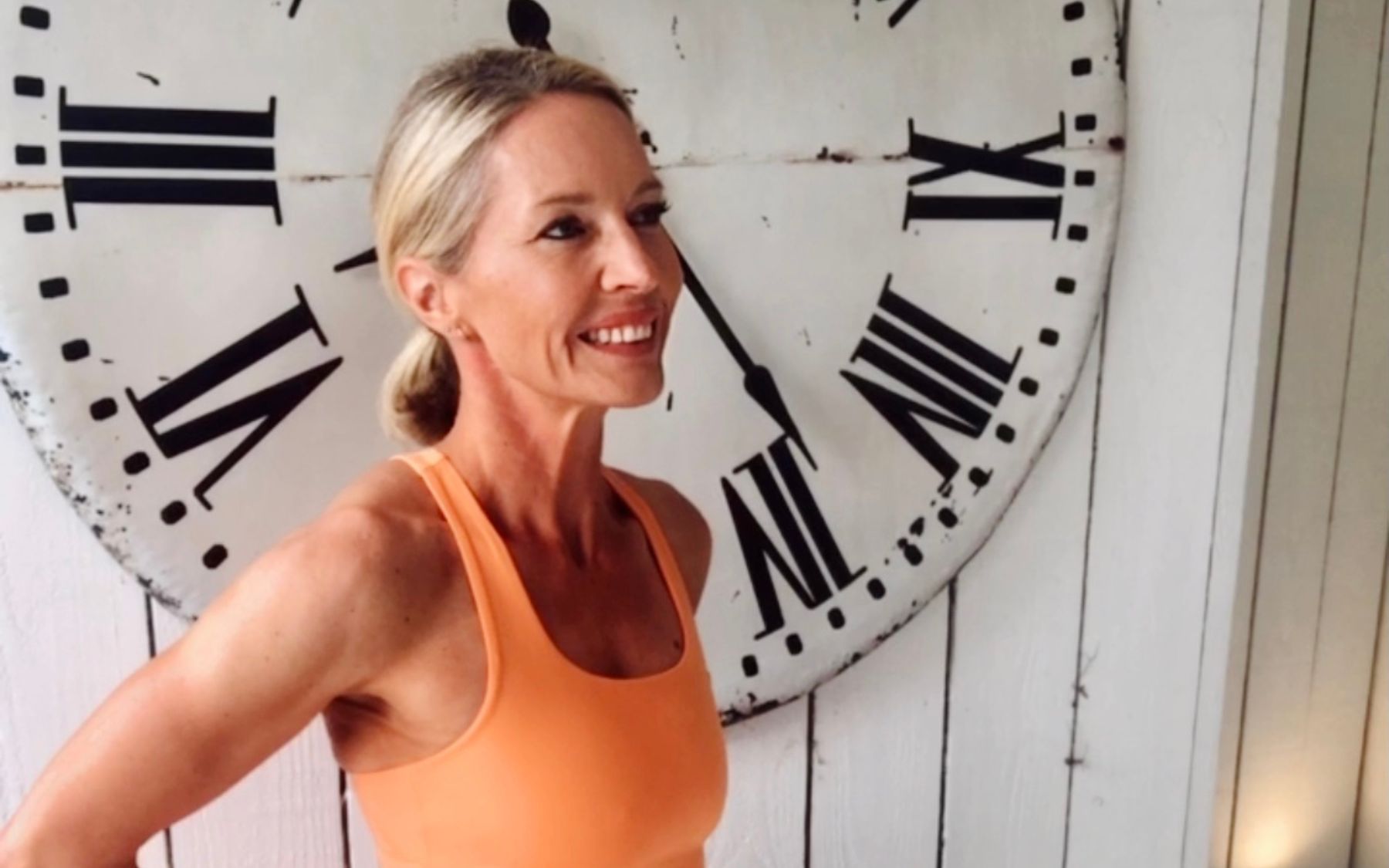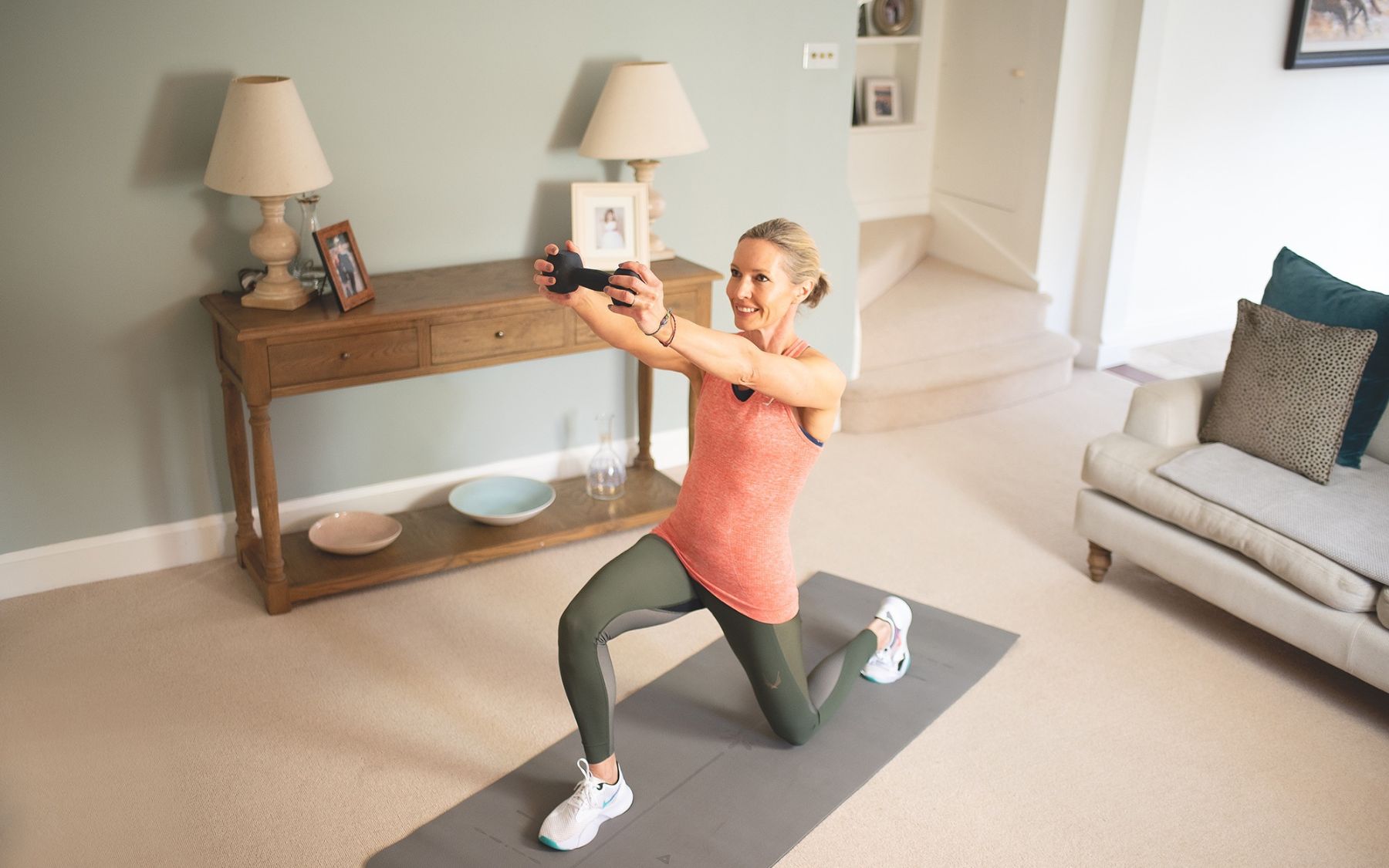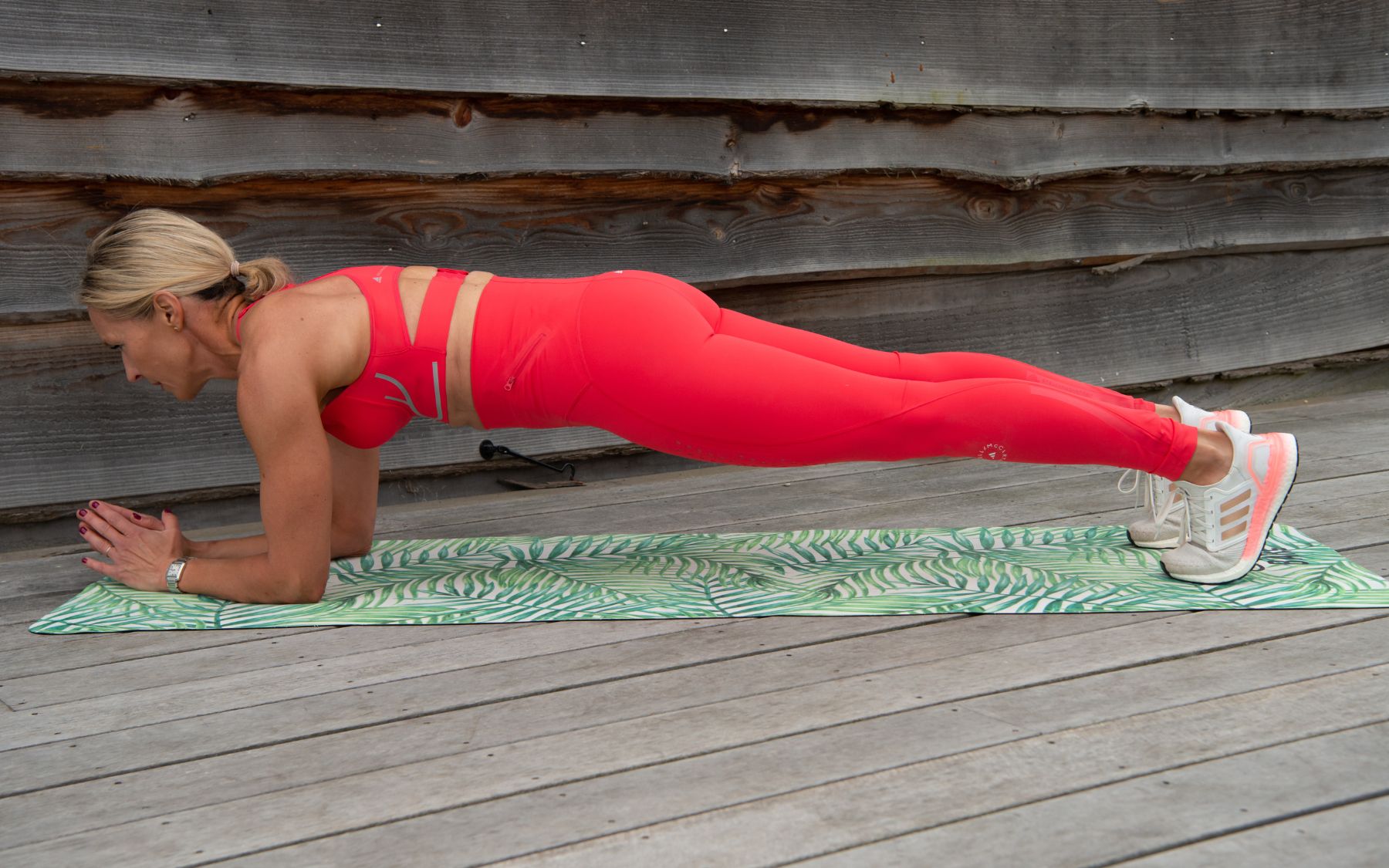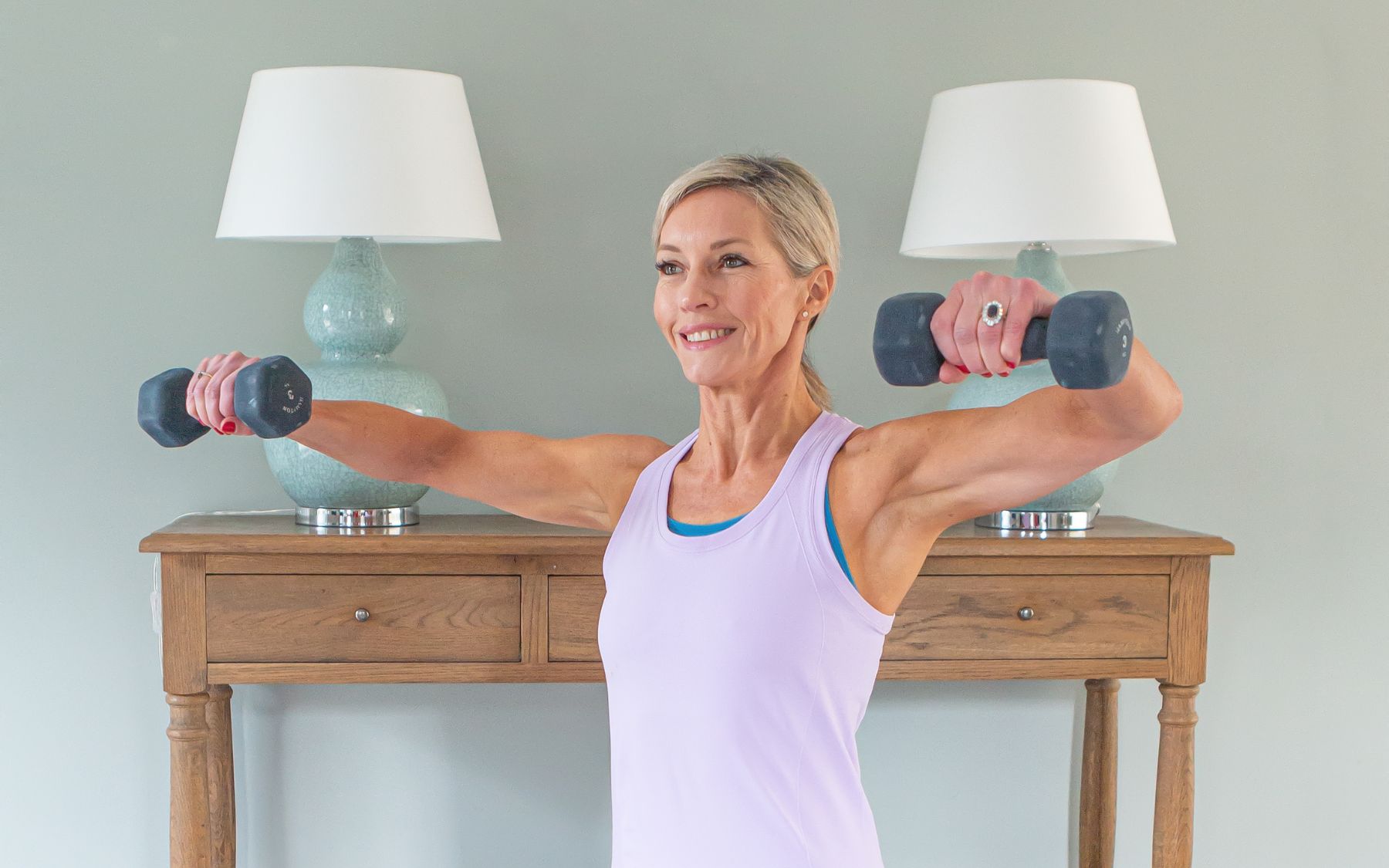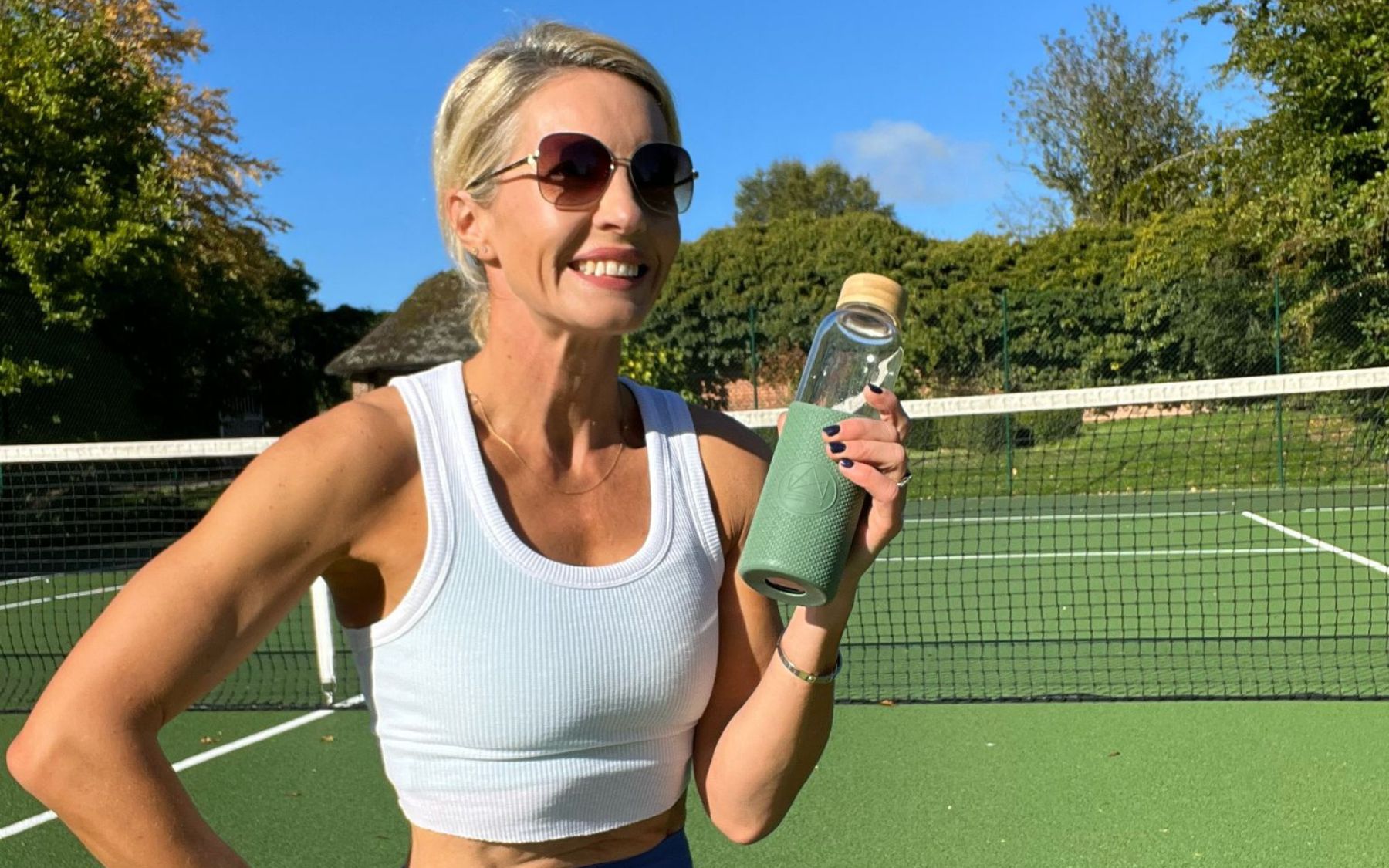Do it, In Ten! The new Pick n Mix series is here! This September, I am launching a brand new, ten-minutes only, workout series on my platform. From now members will have access to an exclusive new series to kick start their exercise following the summer break.
For many this is the first week back to work or school after the long holidays and the first time exercise is back on the agenda. The ‘In Ten; Pick n Mix’ series will be available for women looking to build strength and find a routine following the summer months.
I am always looking for new solutions to help my members hit their goals and be consistent with their exercise habits. I have therefore created the In Ten series to knock down the barriers for those women struggling with low motivation and overwhelmed by the commitment of longer class lengths. Research has shown that short sharp workouts really are as effective if not more so than longer length sessions and are ideal for keeping focus & boosting mental health too (take a look at my previous blog on this here).
This series makes exercise accessible and achievable for everyone – in shorter bitesize sessions – all of which can be completed in the comfort of home, without much equipment and expensive gym memberships.
Workouts consist of just ten minutes of exercise, working different muscle groups each session. I have released all ten new, Pick n Mix In Ten sessions at once for you to complete in your own time. They can be done as one singular activity or stacked, to create longer workouts based on your needs. The In Ten workouts can be selected at your choosing and repeated whenever suits you – think of it as the Pick n Mix of the exercise world! Due to the length of the sessions they will keep you focussed and motivated – shorter workouts add variety and there isn’t time to find an excuse!
For many, starting something new can at times feel overwhelming. With the In Ten series, there’s nothing to lose and yet so much to gain. Below are just some of the incredible benefits associated with strength training.
- Increases bone density: post-menopausal women are at greater risk of osteoporosis due to the drop in oestrogen, weight training stimulates new bone growth to counteract this.
- Aids weight management: when you train with weights you build lean muscle which increases your metabolism, burning more calories over the day post workout.
- Boosts mood: strength training releases the endorphins helping relieve anxiety and stress and putting you in a great mood.
- Reduces the risk of heart disease and diabetes: strength training has been proven to aid cardiovascular health to help reduce the risk of heart related conditions.
This feels like a really exciting and accessible series for the platform.I hope the In Ten series provides a solution for many, squeezing in shorter workouts throughout the week but still gaining all the benefits of strength exercise.
Sign up using the code picknmix20 for a 20% discount for your first month of membership to the entire Caroline’s Circuits platform including the Do it, In Ten series.
